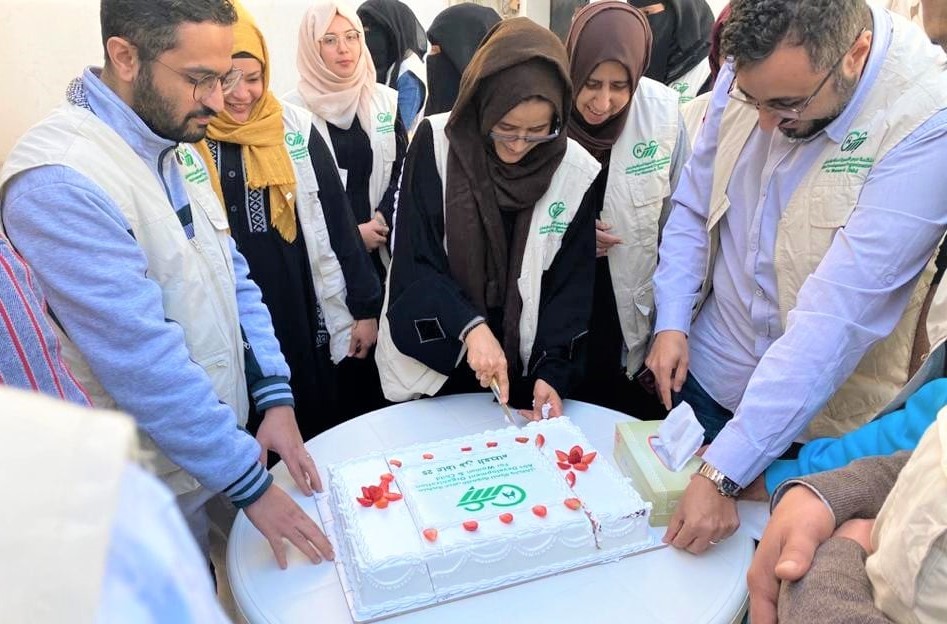
Abs Development Organization for Woman and Child (ADO) was born out of the suffering and challenges faced by women in Yemeni society. It was established to advocate for the rights of girls and women—particularly their right to education—and to combat discrimination and racism.
The journey began in 1996, when five pioneering women established the Abs Women’s Association, the first of its kind in the region. In 2011, the association evolved into the Abs Development Organization for Woman and Child (ADO).
That same year, male members were introduced into the administrative structure, forming a leadership team comprising five women and four men.
Organizational Evolution
ADO’s development can be summarized in four key stages:
1. First Stage (1996–1999):
Founded as the Abs Feminist Association, the organization initially provided services exclusively to women and children within Abs city, later expanding to the Abs district.
2. Second Stage (2000–2006):
The organization expanded its reach to the governorate level, extending services to the governorates of Hajjah, Al Hodeidah, and Saada.
3. Third Stage (2007–2010):
ADO further extended its coverage to include Al Mahweet, in addition to the previously served governorates.
4. Fourth Stage (2011–Present):
The organization was formally renamed the Abs Development Organization for Woman and Child (ADO). Since then, it has expanded its operations to cover several governorates across the entire Republic of Yemen. ADO has become a leading organization working across both humanitarian and development sectors.
Areas of Work
ADO currently implements programs in fourteen humanitarian sectors, with a strong focus on multi-sectoral integrated responses. Its core areas include:
• Humanitarian and Emergency Response
• Development and Gender Programs, including:
o Protection (Child Protection, Gender-Based Violence)
o Education and Literacy
o Microfinance
o Political and Social Empowerment of Women and Youth
o Health and Nutrition
o Food Security and Livelihoods
o Water and Environmental Sanitation
o Shelter and Camp Management
o Reconstruction and Recovery
Organizational Identity
ADO is widely recognized for its inclusive, community-driven approach. Women remain at the heart of its interventions, reflecting the organization’s core belief that sustainable change begins within the community itself. This participatory methodology has earned ADO the trust of numerous UN agencies and international donors, leading to significant support and funding for its projects.
